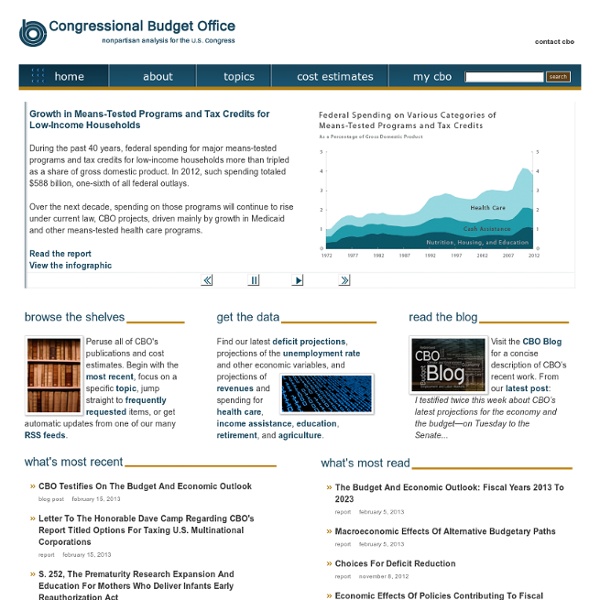



FedStats Democrats.org U.S. Capitol Police Since 1828, the U.S. Capitol Police (USCP) has provided protection for Congress. Over time, the force has grown in numbers, duties, and responsibilities. USCP officers work to protect life and property; prevent, detect, and investigate criminal acts; and enforce traffic regulations throughout a large complex of congressional buildings, parks, and thoroughfares. Additionally, USCP officers are responsible for protecting members and officers of Congress and their families. Officer Profiles Listen to officers’ stories, and learn about the force that has been protecting Congress since 1828. Recruiting Events Find out where the U.S. Application Learn about and register for the Police Officer Selection Test (POST). Visit the Website of the Capitol Police All this and more are available on the Capitol Police website.
National Atlas home page The National Map is now offering a collection of small-scale datasets that can be downloaded for free. Although the 1997-2014 Edition of the National Atlas of the United States was retired in September 2014, The National Map recognizes the importance of continuing to make a collection of the small-scale datasets, originally developed for the National Atlas, available to users. Small-scale maps have an advantage over large-scale maps when there is a need to show a large area in a single view. This makes small-scale maps an ideal solution for scientists, decision-makers, and planners needing to provide a geographical context for the research projects. Generally, certain geographical and feature details found in large-scale maps are limited or omitted in small-scale maps. The choice of small-scale maps always comes down to the intended use of the final map. The National Map collection of 197 small-scale datasets can be downloaded at small-scale data download page .
GovTrack.us: Tracking the U.S. Congress MACPAC Looking back, ahead at federal taxing, spending Looking back, ahead at federal taxing, spending By John Waggoner, Julia Schmalz, Joshua Hatch and William Couch, USA TODAY This tax calculator will give you a rough idea of your federal tax bill — and where your tax money went — from 1940 through 2010. Caveats: The calculator is for a taxpayer who files individually, uses the standard deduction instead of itemizing, and has one exemption. The calculator also figures your Social Security and Medicare taxes. We've adjusted all figures for inflation, using the consumer price index. Regarding how the federal government spends those tax dollars, we broke out each tax bill into the amount that would be allocated among the government's broad spending categories. So, take some time to explore. Questions? Guidelines: You share in the USA TODAY community, so please keep your comments smart and civil.
The United States Senate Committee on Finance: Home Welcome | U.S. Capitol Visitor Center US Dept State (Embassies)